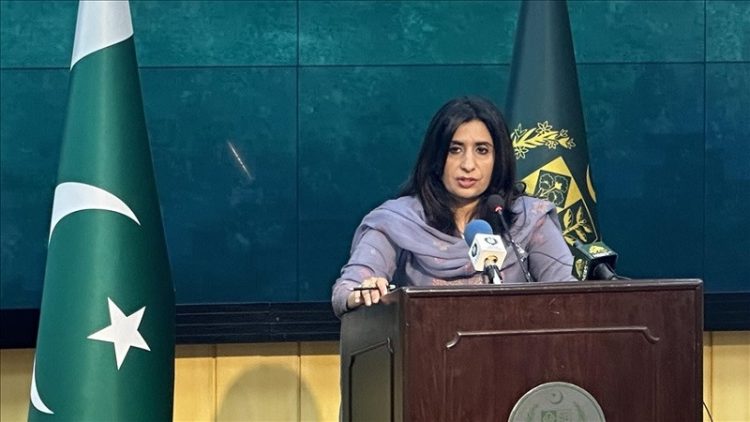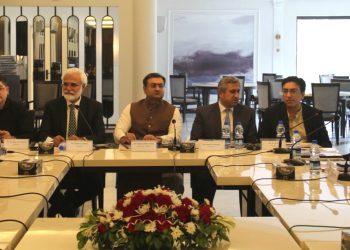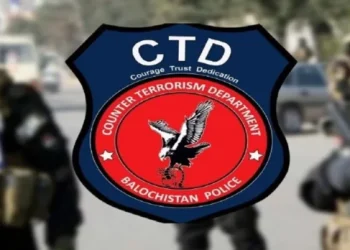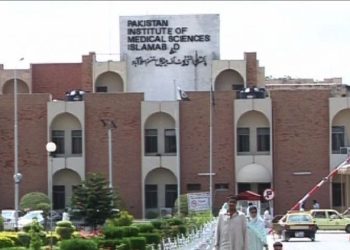By Naveed Siddiqui
ISLAMABAD: The revelation of India’s alleged involvement in a network of extra-judicial killings in Pakistan has sparked international concern, prompting calls for a coordinated response to address the escalating situation. The recent report by The Guardian shed light on India’s alleged strategy of carrying out assassinations on foreign soil, particularly in Pakistan, as part of its national security approach. The report, supported by accounts from intelligence officials and documents shared by Pakistani investigators, indicates a significant escalation in India’s tactics since 2019.
According to the report, Indian intelligence agencies, notably the Research Analysis Wing (RAW), have been implicated in orchestrating nearly 20 killings in Pakistan since 2020. These operations allegedly target individuals perceived as threats to Indian interests, including Sikh separatists associated with the Khalistan movement.
The operations are said to be coordinated by Indian intelligence sleeper cells primarily based in the United Arab Emirates (UAE). The shift in India’s approach reportedly followed the 2019 Pulwama attack in Kashmir, which India attributed to Pakistan-based militants. Indian intelligence officers, speaking anonymously to The Guardian, revealed that these operations require approval at the highest levels of the Indian government. They purportedly draw inspiration from international intelligence agencies such as Mossad and the KGB.
The Pakistani Foreign Office has condemned these actions as a violation of sovereignty and international law, citing credible evidence linking Indian agents to assassinations on Pakistani soil. Similar cases in Canada and the United States have raised suspicions of Indian involvement in targeted killings beyond Pakistan’s borders. While India has vehemently denied the allegations, dismissing them as propaganda, the international community is increasingly calling for accountability. The Foreign Office’s statement underscores the urgency of addressing India’s alleged violations and emphasizes the need for a coordinated international response.



















